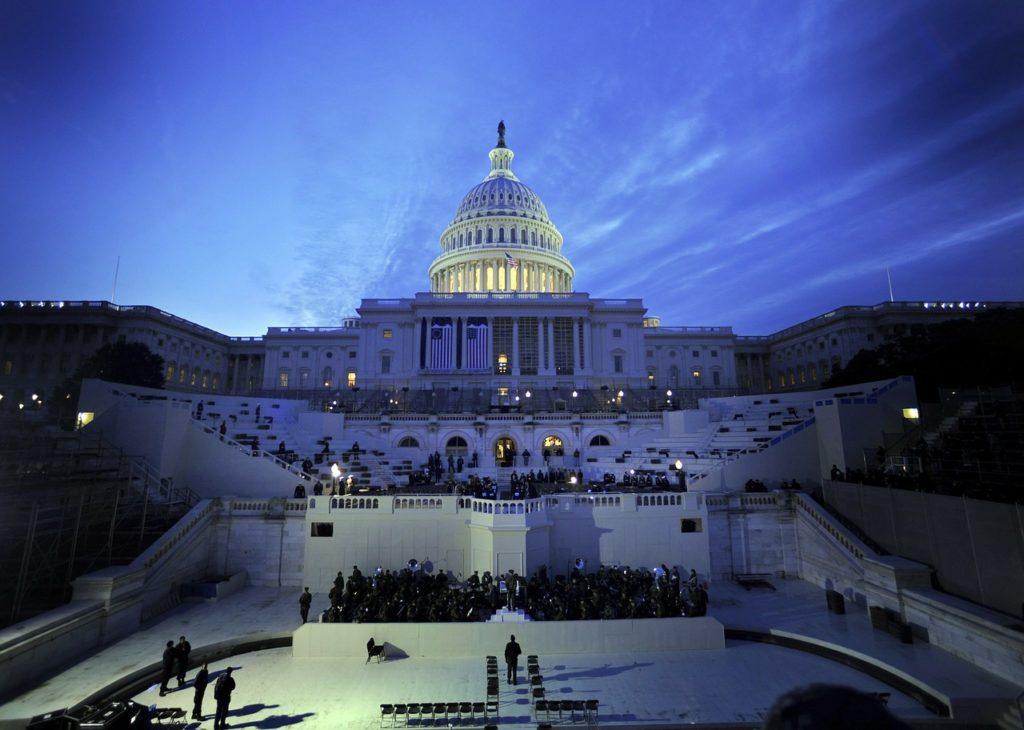A group of 370 health care industry groups — including the American Academy of Hospice & Palliative Medicine, the American Medical Association and National Association of Social Workers — have signed a letter sent to Congress encouraging legislators to pass the Improving Seniors’ Timely Access to Care Act of 2019.
If enacted, the legislation would relax prior authorization requirements for Medicare Advantage plans that often result in delayed or denied access to medical treatment, among other provisions.
Beginning in 2021, the U.S. Centers for Medicare & Medicaid Services (CMS) will begin testing a hospice carve-in to Medicare Advantage. Currently hospices are reimbursed through the fee-for-service Medicare Hospice Benefit.
“For our seniors — and as representatives of organizations seeking to protect patients from delays in care and relieve unnecessary administrative burdens that impede delivery of timely care — we are committed to advancing this legislation in Congress,” the signatories wrote. “The demand and need for such reforms is growing — particularly as more seniors choose Medicare Advantage for their health insurance needs.”
Prior authorization is a cost-control procedure that requires health care organizations to obtain approval from a payor to provide a particular service or therapy.
Medicare Advantage plans require prior authorization to see specialists, receive out-of-network care, receive non-emergency hospital care, and some other circumstances. Medicare Part D plans also require authorization before certain medications can be prescribed.
Medicare Advantage plans are becoming increasingly popular among seniors. Enrollment has nearly doubled during the past 10 years, according to the Kaiser Family Foundation. Currently about 34% of all Medicare beneficiaries are covered by Medicare Advantage plans, and nearly 79% of those are enrolled in plans that require prior authorizations.
By 2029, close to 50% of Medicare beneficiaries will be covered through Medicare Advantage, according to projections by the Congressional Budget Office.
Traditional Medicare generally does not require prior authorizations, with some exceptions such as durable medical equipment and physician services.
Some hospice organizations have expressed concern about prior authorizations.
“Prior authorization requirements are a serious threat under Medicare Advantage, and particularly with respect to highly vulnerable hospice patients,” Theresa Forster, vice president for Hospice Policy at National Association of Home Care & Hospice told Hospice News when the bill was introduced in April. “Prior authorization creates delays in services and imposes additional hoops that providers must jump through to ensure patients receive needed items and services. With patients who are terminally ill, these delays can, at times, prolong pain and hasten death.”
Companies featured in this article:
American Academy of Hospice, American Medical Association, National Association for Home Care and Hospice, National Association of Social Workers



